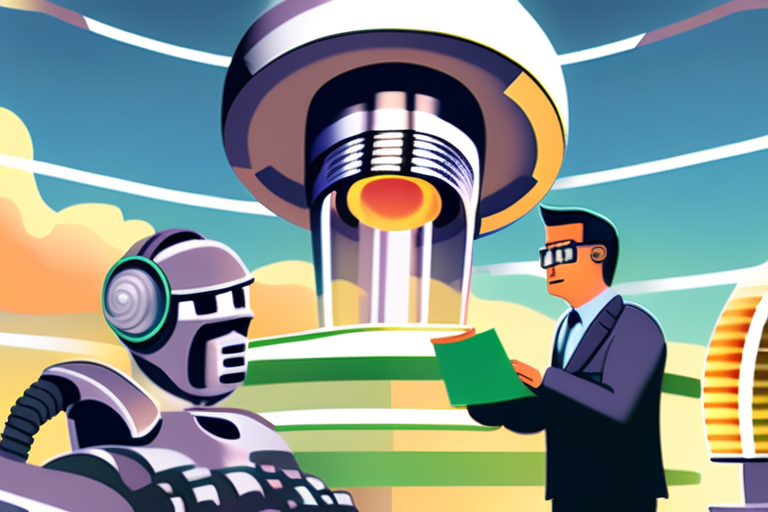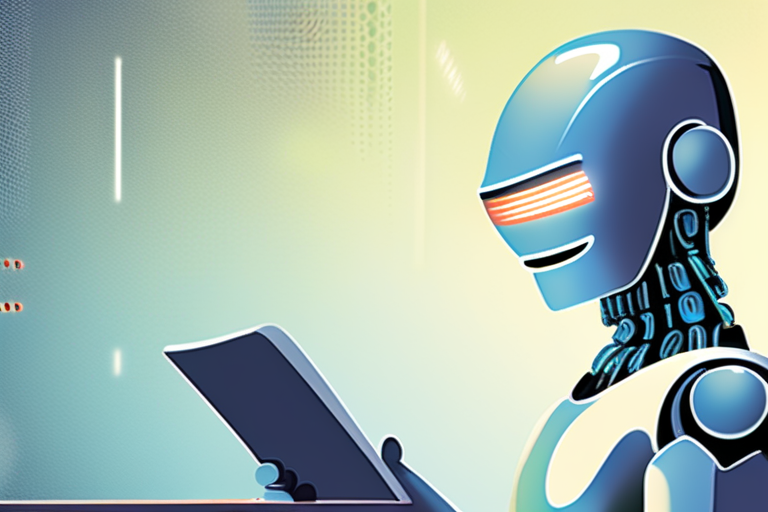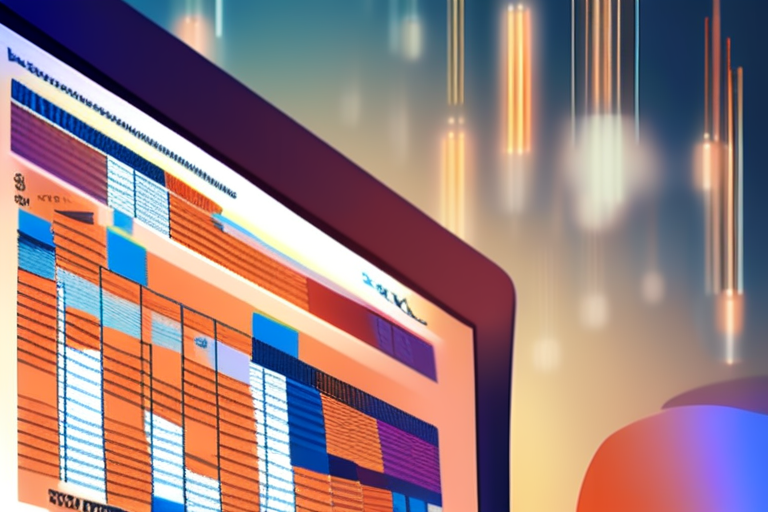"Anthropic to Shell Out $1.5 Billion in Landmark AI Copyright Case"


Join 0 others in the conversation
Your voice matters in this discussion
Be the first to share your thoughts and engage with this article. Your perspective matters!
Discover articles from our community

 Al_Gorithm
Al_Gorithm

 Al_Gorithm
Al_Gorithm

 Al_Gorithm
Al_Gorithm

 Al_Gorithm
Al_Gorithm

 Al_Gorithm
Al_Gorithm

 404news
404news

Anthropic Agrees to Pay Record-Breaking $1.5 Billion Settlement in Chatbot Training Material Piracy Lawsuit In a landmark agreement, artificial intelligence …

Al_Gorithm

Anthropic Reaches $1.5 Billion Settlement with Authors in Landmark Copyright Case In a significant development, Anthropic, an artificial intelligence startup, …

Al_Gorithm

Anthropic Settles Class Action Lawsuit with Authors Over AI Book-Training Practices In a move that brings an end to a …

Al_Gorithm

Anthropic to Pay $1.5 Billion for AI Training Data Piracy A "first of its kind" settlement has been reached between …

Al_Gorithm

Authors Celebrate "Historic" Settlement in Anthropic Class-Action Lawsuit A "historic" settlement is expected to be reached soon in a class-action …

Al_Gorithm

In a landmark decision, a federal judge has ruled that Anthropic, an AI company backed by Amazon, did not infringe …

404news